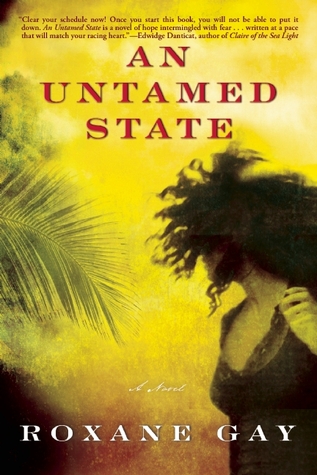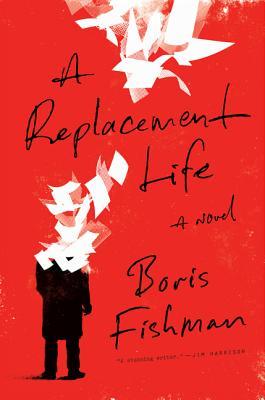Marvelously, lyrically written novel about Slava, who gets involved in writing false restitution claims to the German government for his grandfather and his grandfather’s friends. Slava works at Century magazine (read: The New Yorker) and longs for a byline of his own. In the interim, he gets involved with the restitution claims, and his somewhat rocky relationship with his grandfather (and family). The family emigrated from Russia and many of the restitution claims are from happenings in the Minsk ghetto.
Immigrant issues are in these characters’ heads each and every day. Amazingly rich characters. Amazingly lyrical writing, the kind you want to linger over. His grandmother passes away as the book begins and Slava is haunted by not knowing what she went through in the war, and his family will not tell him. His grandfather is amazing character--a grafter, a “child of other people’s gardens.” Among many great quotes:
“Our great realizations are slow dishes, but once they’re ready, they announce themselves as suddenly as an oven timer.” (p. 10)
In the interim, he begins an affair with his cubicle mate, fact checker Arianna, and has a short dalliance with Vera, another granddaughter of immigrants. There’s a fascinating short vignette with Vera and her friends at a party where they are embracing their heritage fully, with music and speaking Russian and vodka.
Another lovely quote from grandfather:
“I’m an old camel now, but back then, sparks flew from my feet when I walked--you could light a cigarette if you wanted. I was known in the neighborhood.” (p. 213)
From the acknowledgements:
“My first thanks are to my grandmother. She really was better than all of us. Then to my grandfather. A friend of mine once said, “You’re smarter than him, you’re more enlightened than him. But both of us can fit inside his left nut. Hard to argue.”
Boris Fishman was born in Belarus and immigrated to the United States at the age of nine. And yes, his work has appeared in the
New Yorker.





